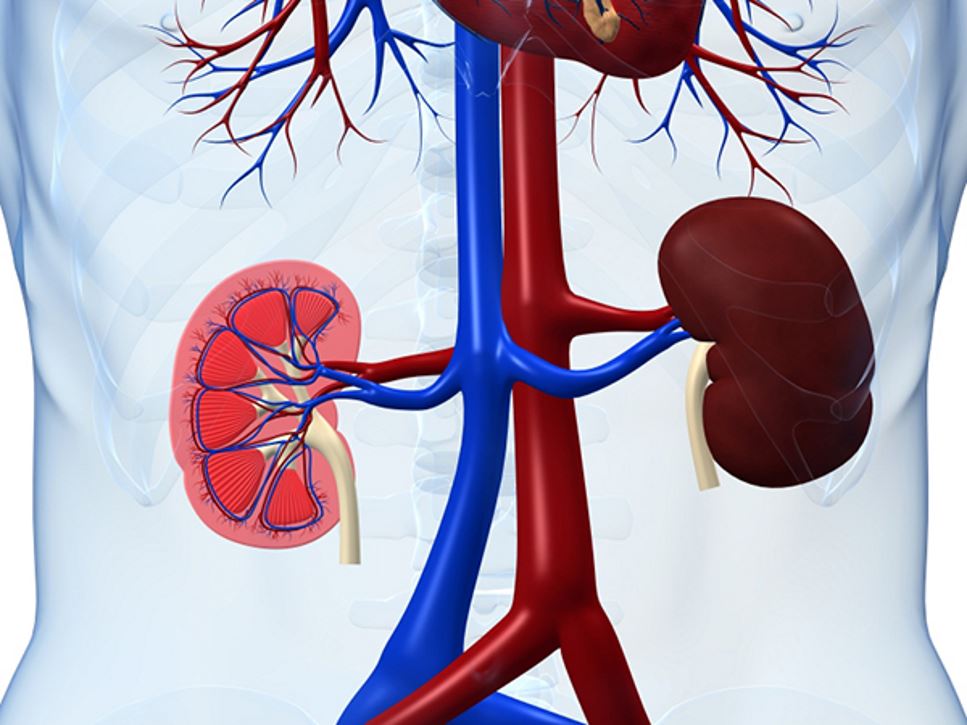If your kidneys are not working as they should, your doctor might prescribe an eating plan with specific daily amounts of protein, sodium and potassium. Keeping these nutrients balanced can help prevent kidney disease from getting worse.
If you have kidney disease, you need a registered dietitian nutritionist (RDN) on your health care team. An RDN will teach you how to eat well and manage this new and very important part of your health plan.
Protein
Protein helps build, repair and maintain every cell in your body and can be used to supply energy if needed. When your kidneys are not working well, they can't handle as much protein. It is important you eat enough carbohydrates and fats to supply your body with all the energy you need. The limited protein you eat will then be used to build and repair your cells. Your eating plan will need to include the right balance of protein, carbohydrates and fat. Main sources of protein include meat, poultry, fish, eggs, milk, beans and nuts. Breads, cereals, seeds and vegetables contain some protein, too.
Sodium
Sodium can raise your blood pressure and cause you to retain fluids. For people with kidney disease, extra sodium and fluid can build up in your body, which can affect your heart and lungs. Your eating plan may include a daily sodium limit. Your RDN will outline how best to stay within this limit.
Sodium is found in salt and most processed foods. Make sure to check the Nutrition Facts labels for sodium content. Also check labels of salt substitutes before using them; many contain potassium which also may need to be limited.
Potassium
Like sodium, potassium must stay balanced in your body. If your kidneys are not working well, potassium levels in your blood can rise. High potassium levels affect your heart rhythm, so your eating plan may include a potassium limit. Your RDN will explain how to stay within your limit. Potassium is found in many fruits and vegetables, beans, nuts and dairy foods. Food manufacturers are also required to include the amount of potassium in their products on the Nutrition Facts labels.
An RDN also can help you with other aspects of your food and beverage intake to make sure you get the nutrition you need. These include:
- Total Calories. Calorie intake is important in keeping your weight in a healthy range.
- Phosphorus. Poor kidney function can cause phosphorus levels to rise in your blood. For that reason, a phosphorus restriction may be needed.
- Calcium. A high phosphorus level in your body decreases the availability of calcium for your bones. Your eating plan will need to offer the right balance between phosphorus and calcium.
- Vitamins and Minerals (particularly B-complex, vitamin C, vitamin D, iron and zinc). Limiting certain types of food to ease the workload on your kidneys could leave you lacking certain vitamins and minerals.
A registered dietitian nutritionist can help you develop an eating plan that is right for you, while helping you manage your kidney disease. Use the Find a Nutrition Expert tool to locate an RDN in your area.
References
Find a Nutrition Expert
Looking for credible nutrition information and recommendations? The Academy of Nutrition and Dietetics' network of credentialed food and nutrition practitioners are ready to help!

